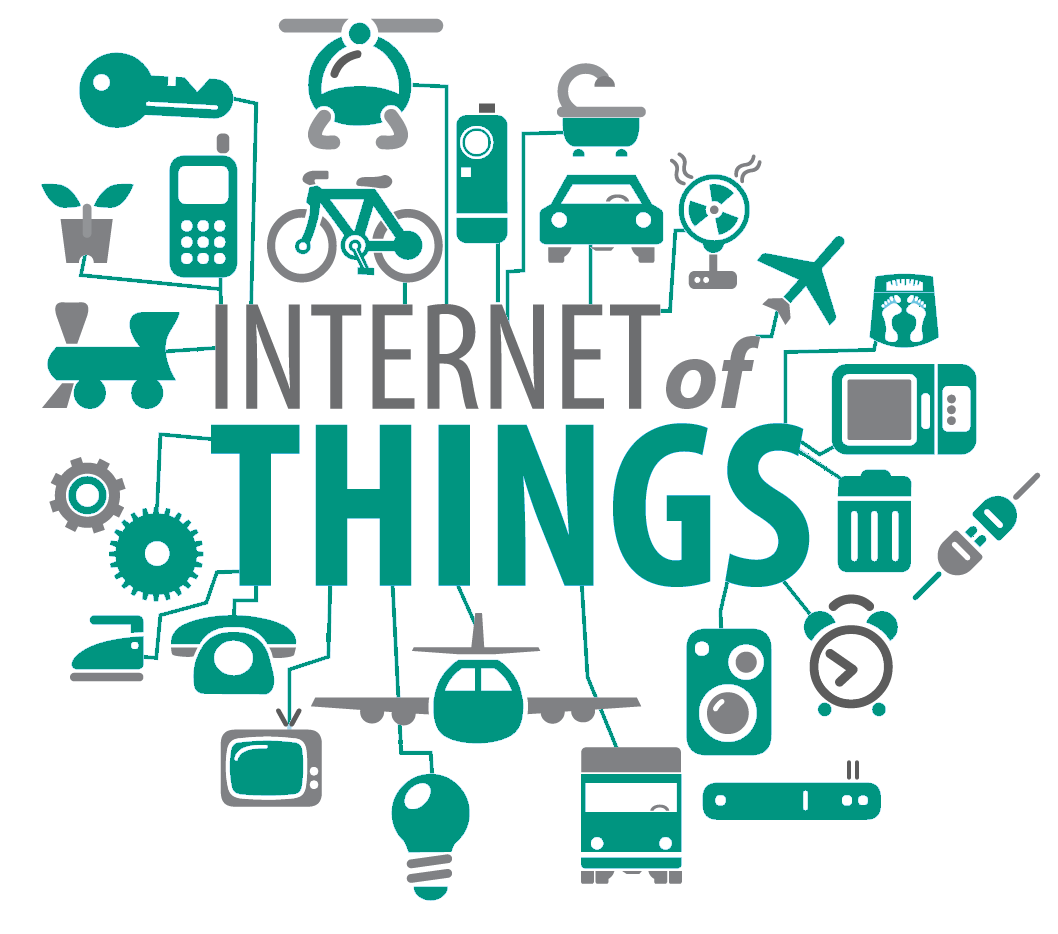I admit it. I am a gadget man. I love new technology. I enjoy playing with new toys that improve my life and make it easier in some way. I am a frustrated nerd.

I am proof that no matter what your background you can enjoy and fulfill your passions. Right now I am, with others, developing the architecture of a killer golf APP- my recreational passion. Don’t they say combine your passion with your work to make a happy life? I have just received my Estimote Developer kit and will start testing some iBeacon concepts. We are looking at APIs so that we can get anything to talk to anything.
So what has this to do with the Internet of Things? Well, everything really. The IoT is where we are all heading at a great rate. The IoT will allow us to connect to our cars, homes, appliances, and collect data on how we feel. We will collect data on what we prefer to wear, see, do and eat. Who our friends are and what their links are. If that sounds scary – it is already happening.
For CIOs or IT managers it is more pertinent as people bring their own devices and even their own applications. Security is vital and the IoT makes this all vulnerable, that is the downside. While security is important and necessary, the IoT benefits are significant.
I love the idea of saving time and avoiding waste. In fact, I feel much of what we do is wasted effort because we transfer and update info or look for info or communicate the same info over and over again.
I like that Netflix learns my preferences and makes recommendations. I love that my car can talk to my music, while the car’s computer informs the garage what is wrong with the engine and why it didn’t start last week. I like it when I walk into a shop and get a message to have a free coffee because it is the 5th time I have come in the last 2 weeks.
For me the IoT is about improving our life experiences in a pleasant and easy way.
The IoT is all about electronics, sensors, networks and smart software. It would not exist if it were not for WiFi (a CSIRO invention), Cloud computing and open source software. All of these things are relatively recent developments and are required to be universally and ubiquitously and pervasively available to make it work. IoT is starting to grow at exponential pace with all this it requires more and more bandwidth and more and more data storage as each micro part of our lives and activities are recorded.
For IT professionals there are great opportunities for programmers who can write the code for machines to talk to machines and sensors. But the real growth, I think, will be in the skills to design and write the applications, the high level smart architecture that synthesises the functionality of the systems. The ability to design the systems that find the information they need, understand what it means, knows what to do with it and then delivers an enhanced experience to the consumer.
